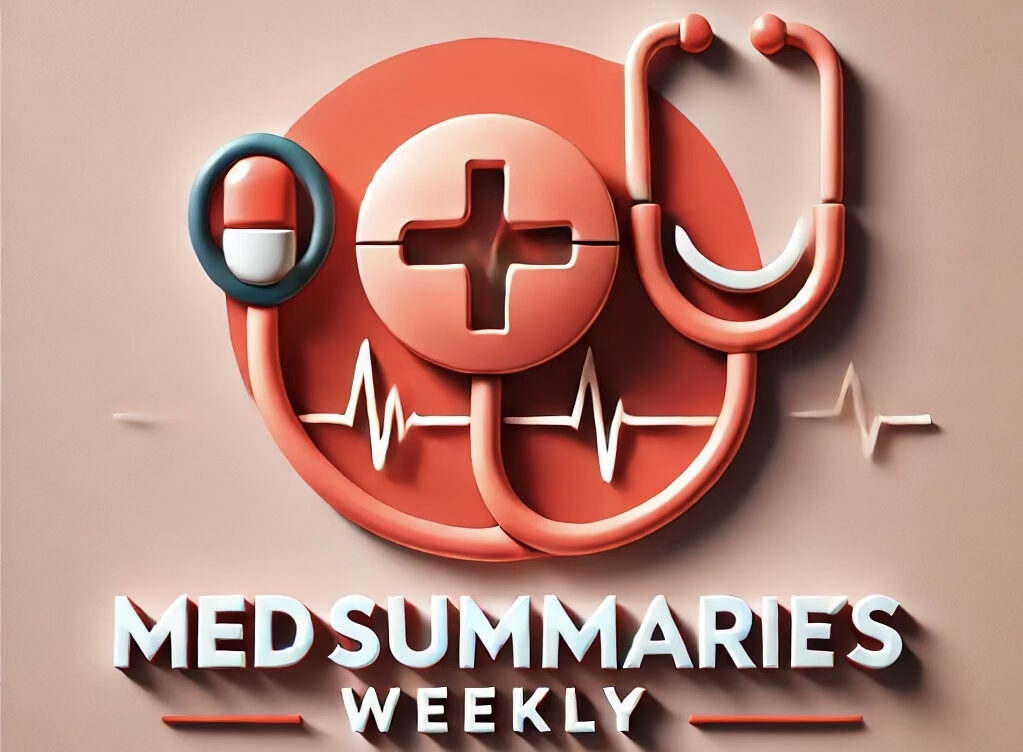- Stephen Morris, the managing editor of the journal, talks with Eric Rubin, editor-in-chief, and Lindsey Baden, deputy editor, about preparing for future pandemics. Dick Wenzel, Emeritus Chair and Professor of Internal Medicine at Virginia Commonwealth University, Quarasha Abbil Karim, pro-vice chancellor of African health at the University of Quazulunatal and Professor of Clinical Epidemiology at Columbia University, and Salim Abbil Karim, a professor at the University of Quazulunatal and at Columbia, share their insights on the topic.
Public health infrastructure
Wenzel argues for immediate and robust public health infrastructure to prepare for the next pandemic, which could be worse than COVID-19, and to consider polycrisis, which are concurrent multi-system failures in international security, transportation, and finance.
Multidisciplinary teams
To prepare for pandemics, multidisciplinary teams are needed with experts in supply lines, transportation hubs, finance, entomologists, anthropologists, communication, and infection control.
Global early warning system
To prevent pandemics, we need to identify localized epidemics early and create a global early warning system that links public health agencies from individual countries.
Lower resource countries
Global solidarity is needed to help lower resource countries identify and respond to pandemics. Investments in human capacity development, lab infrastructure, clinical trial research infrastructure, and health service delivery are essential. Partnerships and collaborations are also key in responding to pandemics.
Unintended consequences
Pandemics have unintended consequences that can increase inequalities through job losses. Striking a balance between containment of infectious agents and ensuring livelihoods is crucial.
Interconnectedness
COVID-19 highlights our interconnectedness and shows that we need to prepare for pandemics with unprecedented international cooperation for pandemic control. Building trust between nations and providing justice is essential. We cannot have only wealthy nations benefit from advances in vaccines or drugs.
Identification and Global Spread of Omicron Variant
The Omicron variant of COVID-19 was first identified in South Africa in 2021, and within a week it had been reported in 16 countries. Within a month, it had spread to over 100 countries. The interconnectedness of the world means that identifying a virus in one country poses a problem for all. The solution requires global leadership and cooperation, with the WHO being the obvious place for coordination. The WHO needs to be well-funded and not reliant on the contributions of just one major contributor. This interconnectedness also means that early warning systems must work together and incorporate artificial intelligence to help distinguish between important and irrelevant signals.
Complexity of Pandemics and Multiple Crises
Pandemics are part of a complex web of crises, including climate change and global migration, which require multilevel and multidisciplinary solutions. The COVID-19 pandemic showed that pandemics can interact with existing respiratory illnesses such as influenza and RSV, which complicates management. New pandemics can arise from natural spillovers of viruses, bacteria, and fungi from the animal kingdom. These challenges require preparation, talent, resources, and know-how to tackle multiple levels of health challenges.
Reasons for Hope and Lessons Learned
Despite the challenges, there are reasons for hope. The development of new platform vaccines, such as the mRNA vaccines, was remarkable and showed what can be achieved with scientific cooperation. Society's response to the pandemic, including the unity of purpose demonstrated by scientists and governments, was heartwarming. The COVID-19 pandemic also showed the resilience of humanity and the power of our humanity to help each other in times of crisis. The lessons learned include the need for global unity, collaboration, and coordination to tackle pandemics as a national security issue for all nations involved.
Author(s): Drazen, J. M. Date of publication: 2023, April 13 Title of article: Covid-19 — Navigating the Uncharted Title of website: New England Journal of Medicine. DOI: 10.1056/NEJMe2305010
